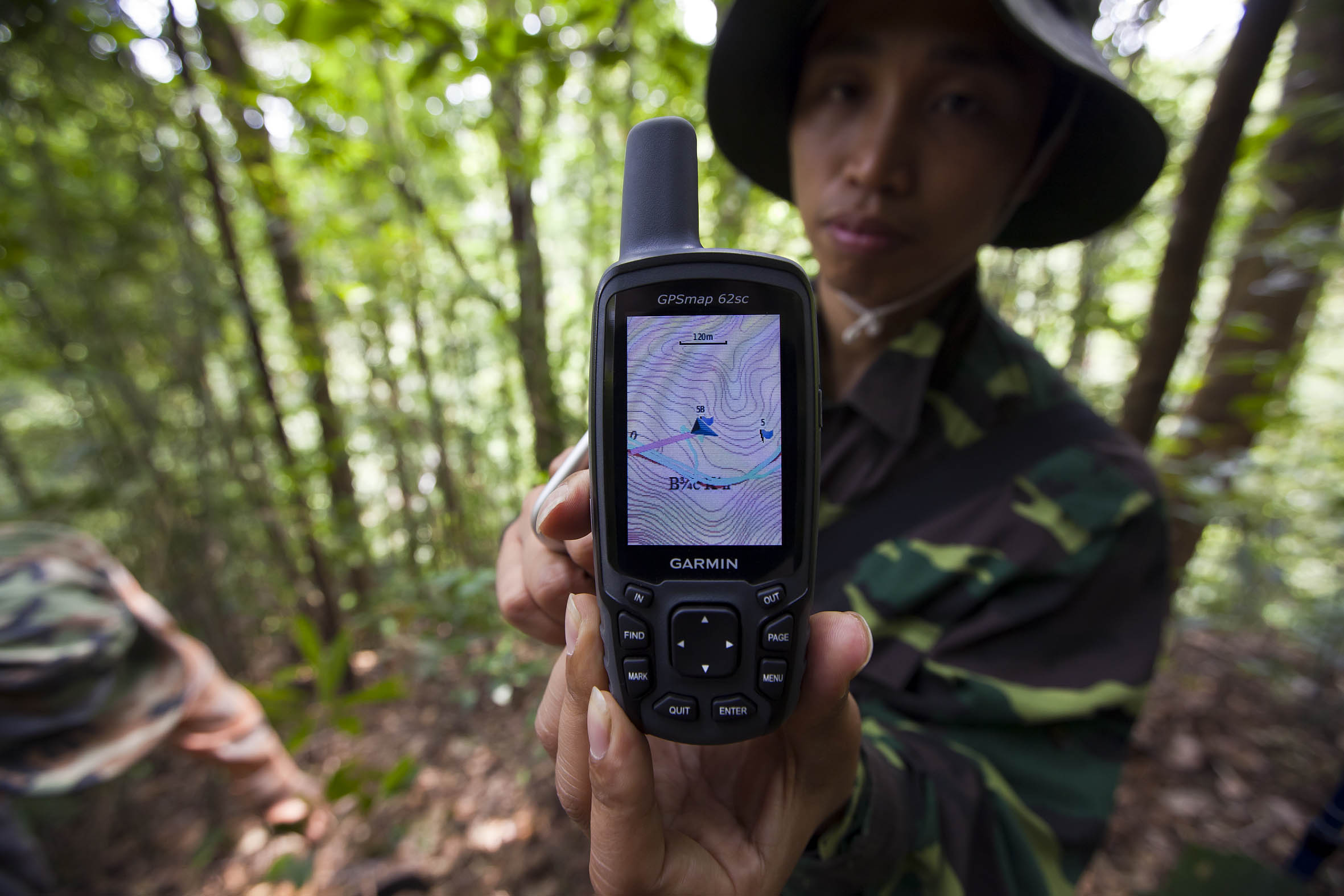
In July 2013, GFAR along with the CGIAR, FAO, and IFAD pledged to increase their joint efforts to boost the contribution of science, technology and innovation to enable family farmers to improve their livelihoods.
The Global Forum, as part of this pledge and activities they have engaged with throughout the Year of Family Farming, is pleased to announce two major e-discussions on ICTs and Family Farming that are taking place during September and October: Communication for Development, community media and ICTs forfamily farming and rural development on e-agriculture and e-Debate: Youth sustaining family farming through ICTs on Ardyis. These take place within the context of the Agrifuture Days 2014 International Conference at Villach Austria in June 2014 (GFAR was a major sponsor). The conference concluded that ICTs can contribute to improving smallholder family farming in a more knowledge driven agriculture in a number of ways.
Since the beginning of agriculture, family farming has been contributing significantly to food and nutrition security globally. Indeed, 70% of global food supply comes from more than 500 million family farms, which are supporting rural employment in many countries (FAO, 2014). To fulfil their promise, smallholder family farmers in developing countries need better access to information, tools and technology that can transform their livelihoods. In the guest editorial of the latest issue of ICT Update, Ajit Maru from GFAR and Faumuina Tafuna’I at Women in Business Development Inc. in Samoa explain how ICTs help family farmers sell and market their produce, boost their ability to cope with dwindling access to water, land and soil nutrients, and deal with the extreme climate events, pests and diseases that affect their crops. The authors go on to say that if more of these ICT solutions are tailored to the needs of smallholder family farmers and put within their reach – especially the women farmers who form the bulk of this group – then their agriculture can rapidly move from being a subsistence activity to a successful and sustainable business.
To engage in conversations around ICTs and Family Farming, the e-Agriculture Community of Practice are inviting people to join an online forum from 22 September to 6 October 2014 as part of a participatory discussion “Communication for Development, community media and ICTs for family farming and rural development”, organized by the Food and Agriculture Organization of the United Nations (FAO) and the World Association of Community Radio Broadcasters (AMARC). The e-Agriculture forum will discuss and complement the outcomes of three regional online consultations taking place on the online platforms of Onda Rural for Latin America, YenKasa for Africa and ComDev Asia for Asia and the Pacific that were held 25 August to 12 September. All the inputs collected during the participatory discussion will inform the Forum on Communication for Development & Community Media for Family Farming (FCCM), to be held within the framework of the International Year of Family Farming (IYFF), from 23 to 24 October 2014 in Rome, Italy. The FCCM will identify opportunities, policy options and strategic initiatives to promote rural communication services in support of family farming and rural development.
Another opportunity open to all and specifically targeted to youth interested or involved in family farming and the use of ICTs for agriculture, is the e-debate on Youth Sustaining Family Farming through ICTs on Ardyis. Organized by theTechnical Centre for Agricultural and Rural Cooperation (CTA), in collaboration with the African Youth Foundation (AYF) this three-week forum (22 September to 7October 2014) will foster conversations on specific themes and questions. In the first week questions around understanding the concept of family farming and youths’ roles and involvement in family farms will be discussed. This will be followed by discussions on how the use of ICTs can strengthen the link between youth and family farming. In the final week will be a wrap up with conclusions and recommendations.
Photo credit: ©FAO/Joan Manuel Baliella
